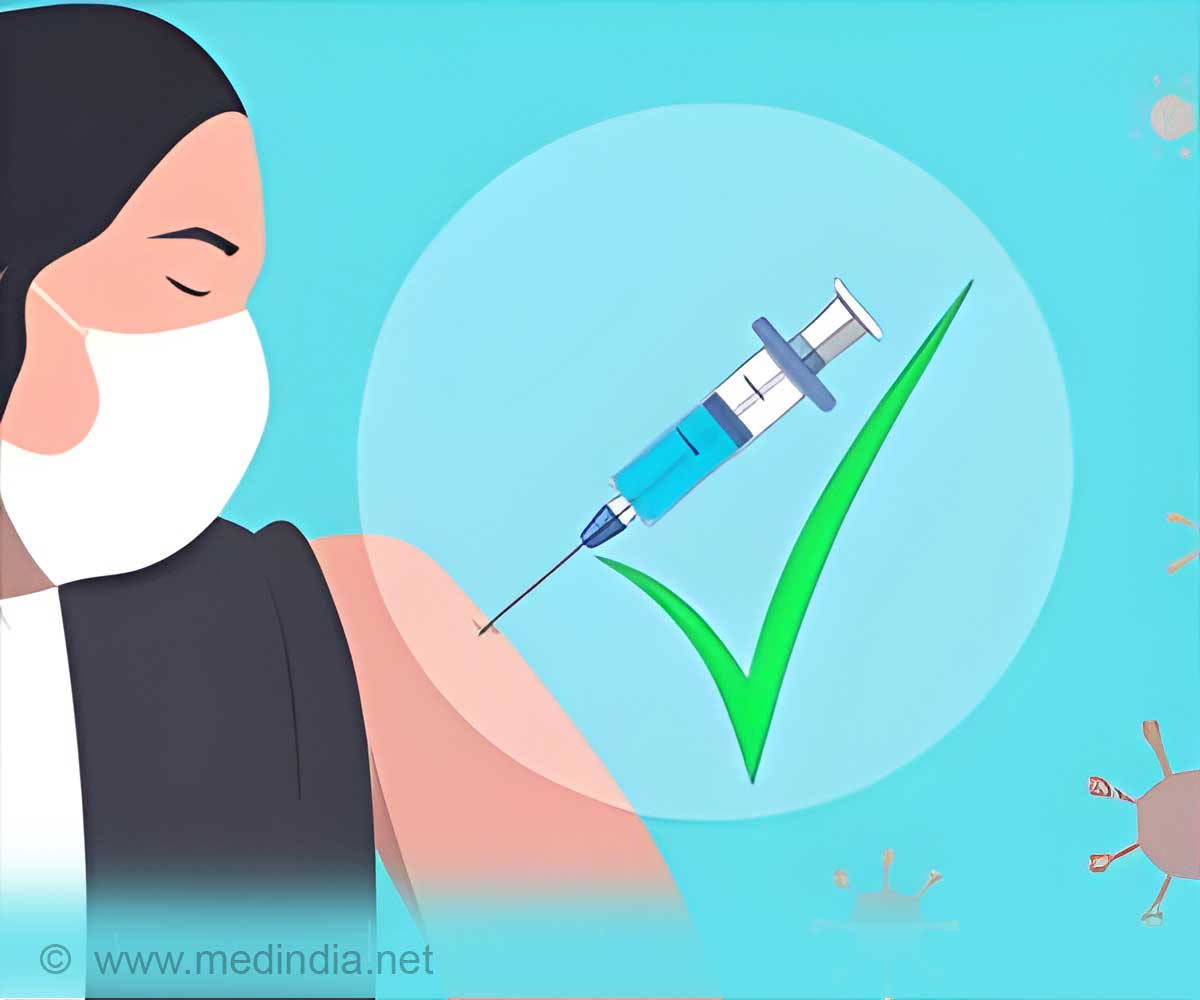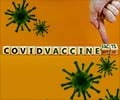New study data suggest that most cases of suspected COVID-19 vaccine-related myocarditis in people younger than 21 are mild and resolve quickly.

‘Health care professionals and the public need to have information about early signs, symptoms, and the time course of recovery of myocarditis after COVID-19 vaccination.’





The U.S. Centers for Disease Control and Prevention (CDC) Advisory Committee on Immunization Practices reported a likely link between mRNA COVID-19 vaccination and myocarditis, particularly in people younger than 39.However, research continues to find COVID-19 vaccine-related cases of myocarditis uncommon and mostly mild.
“The highest rates of myocarditis following COVID-19 vaccination have been reported among adolescent and young adult males. Past research shows this rare side effect to be associated with some other vaccines, most notably the smallpox vaccine,” said the new study’s senior author Jane W. Newburger, M.D., M.P.H., FAHA, associate chair of Academic Affairs in the Department of Cardiology at Boston Children’s Hospital, the Commonwealth Professor of Pediatrics at Harvard Medical School and a member of the American Heart Association’s Council on Lifelong Congenital Heart Disease and Heart Health in the Young.
While current data on symptoms, case severity, and short-term outcomes is limited, researchers set out to examine a large group of suspected cases of this heart condition as it relates to the COVID-19 vaccine in teens and adults younger than 21 in North America.
Using data from 26 pediatric medical centers across the United States and Canada, researchers reviewed the medical records of patients younger than 21 who showed symptoms, lab results, or imaging findings indicating myocarditis within one month of receiving a COVID-19 vaccination.
Advertisement
Most patients were white (66.2%), nine out of 10 (90.6%) were male and the median age was 15.8 years. Nearly every case (97.8%) followed an mRNA vaccine, and 91.4% occurred after the second vaccine dose.
Advertisement
About one in five patients (18.7%) was admitted to intensive care, but there were no deaths. Most patients were hospitalized for two or three days.
More than three-fourths (77.3%) of patients who received a cardiac MRI showed evidence of inflammation of or injury to the heart muscle.
Nearly 18.7% had at least mildly decreased left ventricular function (squeeze of the heart) at presentation, but heart function had returned to normal in all who returned for follow-up.
These data suggest that most cases of suspected COVID-19 vaccine-related myocarditis in people younger than 21 are mild and resolve quickly.
However, further studies are needed to understand the long-term outcomes of patients who have had COVID-19 vaccination-related myocarditis. They also need to study the risk factors and mechanisms for this rare complication.
Researchers recommend that health care professionals consider myocarditis in individuals presenting with chest pain after receiving a COVID-19 vaccine, especially in boys and young men in the first week after the second vaccination.
These findings also support the American Heart Association’s position that COVID-19 vaccines are safe, highly effective, and fundamental to saving lives, protecting our families and communities against COVID-19, and ending the pandemic.
Source-Medindia














